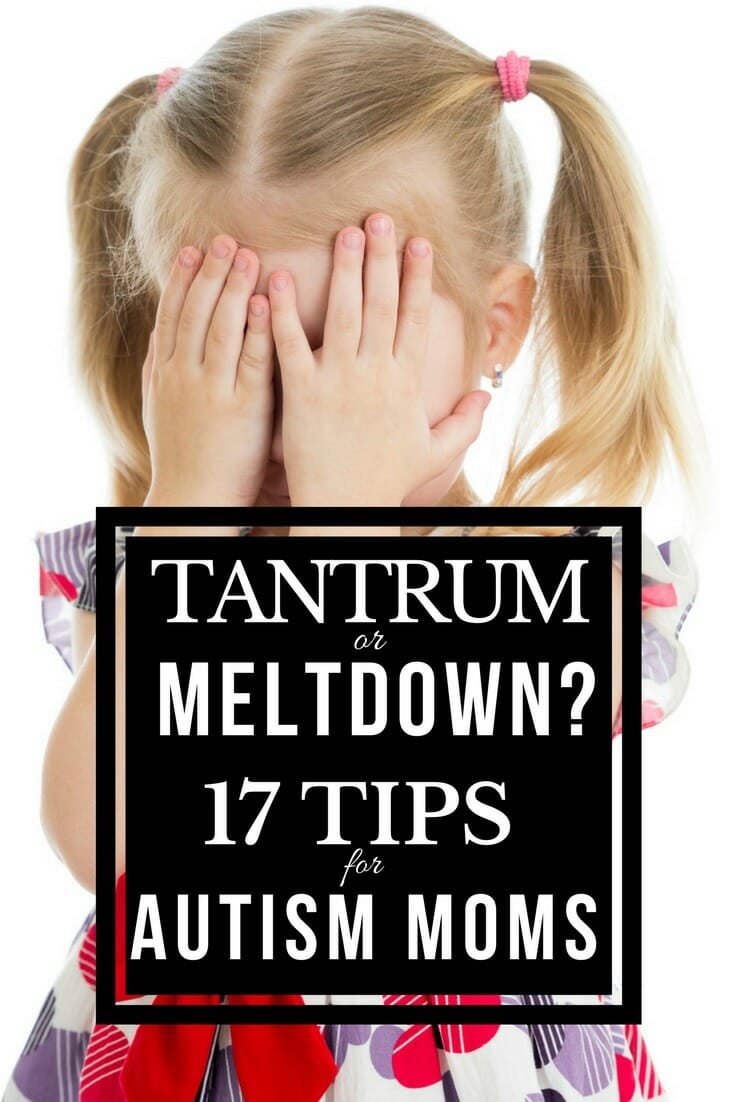
Instead, it is a description of a person’s symptoms.

Nonspeaking autism is not a distinct diagnosis from ASD. However, it is likely that early intervention supports that target an autistic child’s play, attention, and imitation abilities may help increase their communication abilities. Research indicates that no specific factor is likely responsible for language development in autistic people. There is still no evidence to suggest that vaccines cause autism, even in people with an increased likelihood of having the condition. Development during pregnancy and in infancy: Exposure to certain drugs while in the womb may increase the chance of autism.Genetic and chromosomal disorders: People with certain genetic or developmental disorders, such as tuberous sclerosis and fragile X syndrome, are more likely to be autistic.A person is also more likely to be autistic if a close family member is autistic. Genetics: Researchers have identified some genetic factors that appear to increase the likelihood of autism.Some potential factors in the development of autism include: The development of autism also varies from appearing quickly over a few days or weeks to developing slowly over time. Researchers are still not sure what causes autism and whether different factors might increase the chance of different symptoms. The diagnosis does not provide much information in itself, as autism causes a spectrum of symptoms. A person may have significant difficulties in one area, such as verbal communication, while their other abilities remain intact.Īutism is a complex condition. People should not presume that a nonspeaking autistic person does not understand speech because they cannot speak themselves or that they are incompetent.Īutism is a spectrum diagnosis, which means that a person may have a range of symptoms that affect daily life in ways ranging from mild to severe. The absence of speech does not mean a lack of understanding. Some nonspeaking autistic individuals write and verbally communicate in other ways, such as via typing or special communication devices. Having nonspeaking autism does not mean that a person does not communicate, cannot communicate, or does not understand language. Others consider it as having the ability to speak meaningfully at times but not being able to speak at all at other times. Some people consider nonspeaking autism to mean that a person does not spontaneously speak in sentences or words that others can understand. This article explores nonspeaking autism in more detail, including its symptoms, causes, diagnosis, early signs, support, and outlook.Īs nonspeaking autism is not a specific diagnosis, definitions vary. However, these improvements may not remain over time. On the other hand, a 2018 review concluded that interventions to improve both speaking and nonspeaking communication in autistic children, such as the picture exchange communication system (PECS), may lead to communication improvements in the short run. Some language development can occur between the ages of 5 and 7 years, as well as, sometimes, up to the age of 13 years.Ī 2013 study of autistic children with speech delay found that 47% became fluent speakers after the age of 4 years and that 70% began using phrases.


#NONVERBAL AUTISM MELTDOWN HOW TO#
However, some nonspeaking autistic people may require support to help them communicate effectively via other means.ĭoctors have traditionally thought that it is rare for children over the age of 5 years to learn how to speak, but the reality may not be so clear-cut. Many nonspeaking autistic people lead full, happy lives. Although this can make communicating with other people - both autistic and neurotypical - challenging at times, it is important to note that the absence of verbal communication does not mean that an autistic person is not communicating.Īdditionally, it does not mean that nonspeaking autistic people are less intelligent than those who do speak.

The term nonverbal, which many people use to describe these individuals, is inaccurate, as it encourages the incorrect assumption that nonspeaking autistic individuals are entirely unable to use words.Ībout 25–30% of autistic individuals are nonspeaking or minimally speaking. Having nonspeaking autism means that an autistic person does not speak or can only say a few words. Nonspeaking autism is not a distinct diagnosis but a description of a certain set of symptoms of autism spectrum disorder (ASD).


 0 kommentar(er)
0 kommentar(er)
